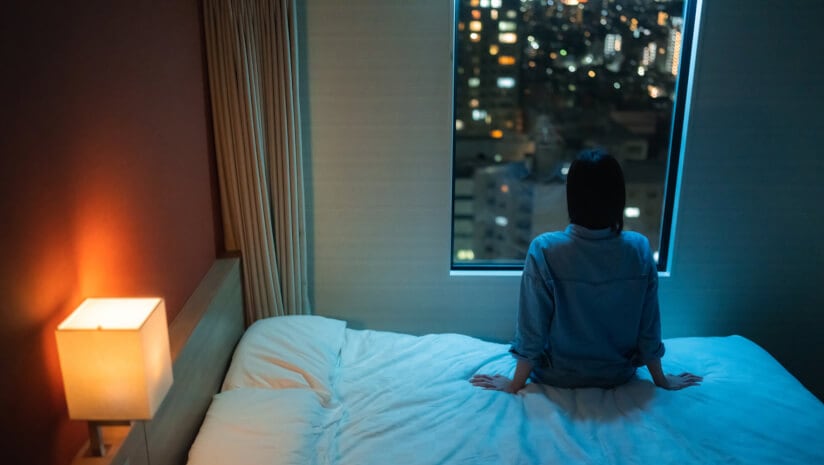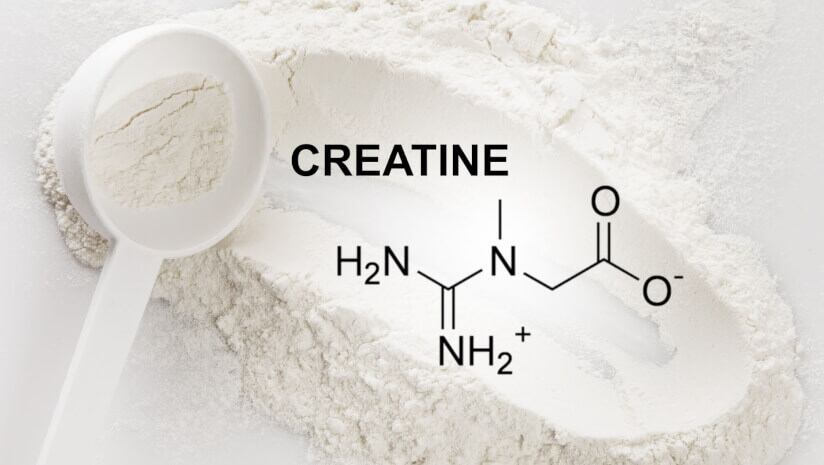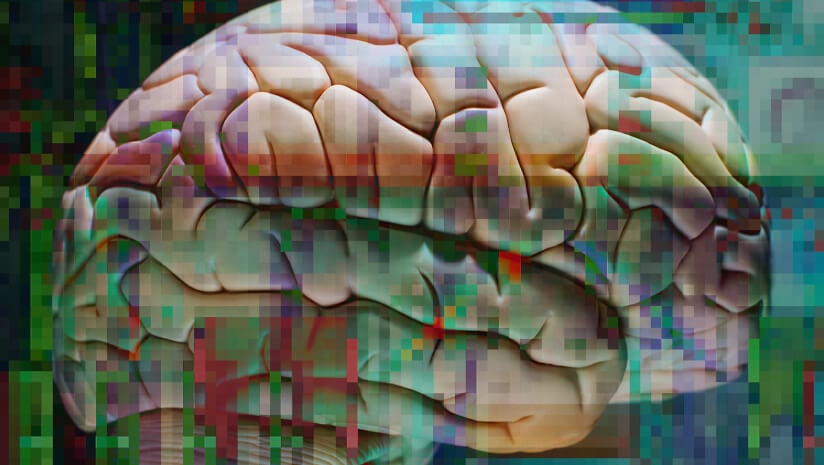Researchers affiliated with the University of Novi Sad in Serbia set out to examine how 24 hours of sleep deprivation would impact biomarkers of creatine metabolism in healthy adults, based on the hypothesis that it would increase creatine uptake in the brain under stress. Contrary to expectations, circulating creatine levels were not diminished.
“These surprising results point to a more complex interaction between sleep and creatine metabolism than previously thought,” noted leading creatine researcher Sergej Ostojic, PhD, an author on the study. “They also highlight the potential of creatine as a protective agent during stress conditions like sleep loss—a hypothesis that warrants deeper investigation with more advanced biomarkers.”
The study, published in the journal Sleep and Biological Rhythms, was partially funded by the Serbian Ministry of Science, Technological Development and Innovation.
Surprising findings, unclear mechanism
The research team evaluated the effects of a single 24-hour sleep deprivation session on 22 young healthy adults (15 male, 7 female) under controlled sleep quarantine conditions.
Participants abstained from creatine-containing dietary supplements for at least four weeks prior to the study and consumed two standardized meals without creatine content during the sleep deprivation window.
Fasting blood samples were collected at baseline and 24 hours post sleep deprivation, and serum levels of creatine, guanidinoacetic acid (GAA, a direct precursor of creatine) and creatinine (an end-product of non-enzymatic creatine conversion) were quantified using modified liquid chromatography-tandem mass spectrometry.
Analysis revealed a significant increase in serum creatine levels from baseline to post-sleep deprivation, with a mean change ranging from −3.66 to 25.22 μmol/L. Guanidinoacetic acid and creatinine levels remained unchanged.
The study acknowledged that the underlying mechanism for “this unexpected phenomenon remains unclear” but suggested a list of possible contributors for consideration.
“Potential explanations include an upregulation of endogenous creatine synthesis to support neuronal activity, alterations in blood-brain barrier permeability limiting creatine uptake into the brain or an efflux of creatine from the brain and other tissues into the circulation,” Dr. Ostojic summarized.
More research warranted
Looking ahead, Dr. Ostojic cited brain creatine levels during sleep deprivation as a key area for future research to better understand how the condition alone affects cerebral creatine status.
“This could help identify whether sleep deprivation induces a creatine deficit in the brain and reveal which demographic groups are more likely to experience low creatine levels,” he said. “Additionally, establishing a link between tissue creatine levels and more practical markers of creatine turnover—such as blood, urinary or saliva concentrations—would be essential for improving our understanding of creatine dynamics under these specific conditions.”
The pilot study also called for more research on how elevated creatine affects cognitive performance under stress in different populations, while also considering factors like sex, chronotype and key blood markers such as glucose, cholesterol and fatty acids.
“A nuanced understanding of all above interactions could provide valuable insights into personalized supplementation strategies and their potential cognitive and neuroprotective benefits,” the researchers wrote. “Interestingly, exogenous creatine supplementation has been shown to enhance brain creatine levels (also cognitive performance) in sleep-deprived individuals, suggesting a potential protective role of creatine. However, it remains uncertain whether these effects are restricted to individuals with low baseline creatine availability.”
Dr. Ostojic added that the relationship between creatine and sleep remains a topic of growing interest but advised that the idea of creatine as a sleep-enhancing supplement should be approached with some caution and discussed within the context of the available evidence.
“While several small-scale studies have suggested potential benefits of creatine during sleep deprivation, larger population-based studies—such as a recent analysis using NHANES data—indicate that creatine may be more appropriately considered as a supportive nutrient for individuals with mild sleep difficulties, rather than a broad solution for sleep improvement,” he said.
Source: Sleep and Biological Rhythms. doi: 10.1007/s41105-025-00587-8. “Sleep deprivation elevates circulating creatine levels in healthy adults: a pilot study”. Authors: Nikola Todorovic.




